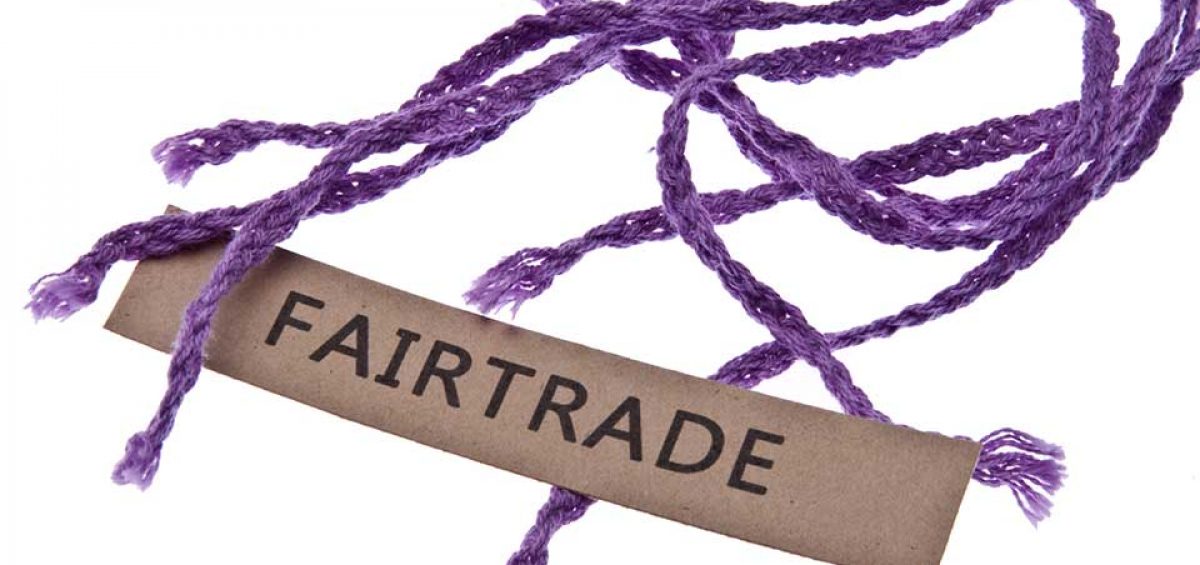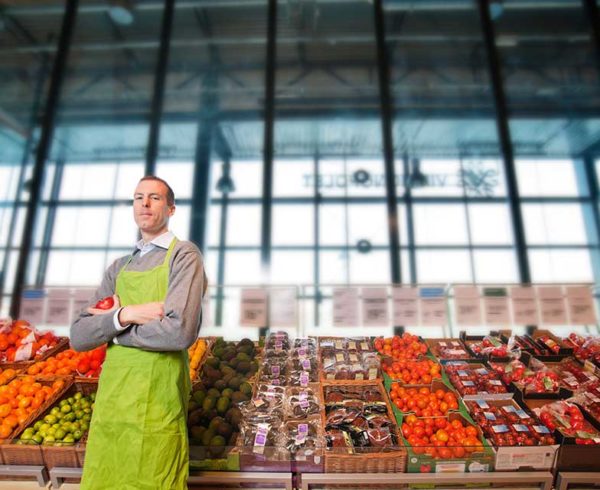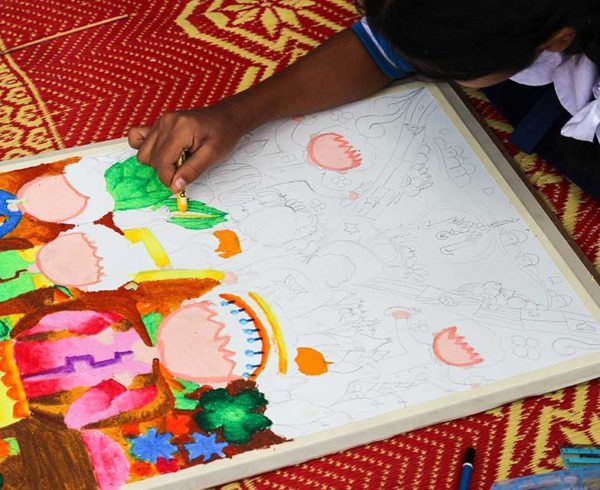Fair Trade is exactly that. Fair. Fair to the farmers, the craftspeople, the growers, the environment, and the community.To help explain, below are the 9 Key Principles Adapted by the Fair Trade Federation.
- Create Opportunities for Economically and Socially Marginalized Producers
- Develop Transparent and Accountable Relationships
- Build Capacity
- Promote Fair Trade
- Pay Promptly and Fairly
- Support Safe and Empowering Working Conditions
- Ensure the Rights of Children
- Cultivate Environmental Stewardship
- Respect Cultural Identity
“Fair Trade is a trading partnership, based on dialogue, transparency and respect, that seeks greater equity in international trade. It contributes to sustainable development by offering better trading conditions to, and securing the rights of, marginalized producers and workers – especially in the South.”
“Fair Trade organizations (backed by consumers) are engaged actively in supporting producers, awareness raising and in campaigning for changes in the rules and practice of conventional international trade.”
For more information, go to Fair Trade Resources.
Fair Trade products offer four things:
- Fair prices
- No GMOs
- No hazardous chemicals
- No child labor
You can learn about the History of Fair Trade.
Still not sure about Fair Trade Products? Below are the Top 10 Reasons to Buy Fair Trade
- Fair Trade means fair pay and working conditions for vulnerable farmers and producers.
- Fair Trade encourages environmental sustainability.
- Fair Trade protects children.
- Fair Trade empowers marginalized workers.
- Fair Trade is safe.
- Fair Trade supports communities.
- Fair Trade is trade farmers and artisans can count on.
- Fair Trade connects you with other cultures.
- Fair Trade means sustainable local economies.
- Fair Trade means what you buy matters.
Fair Trade Day
May 11th is WorldWide Fair Trade Day.









Leave a Comment